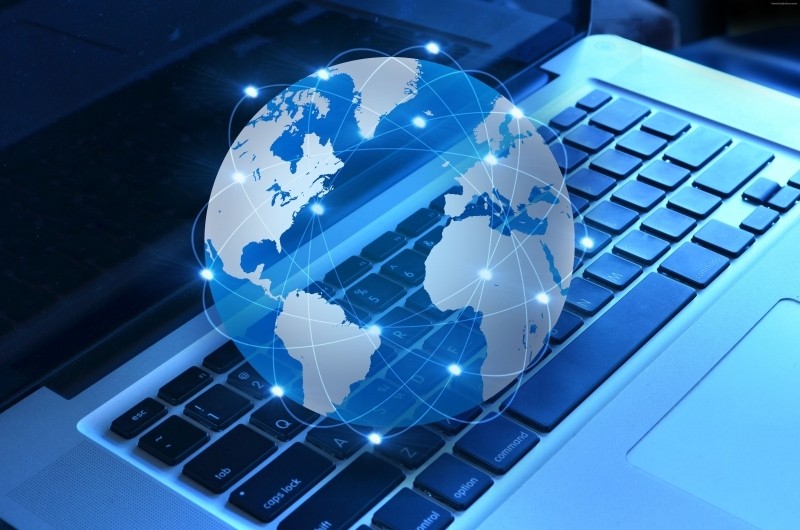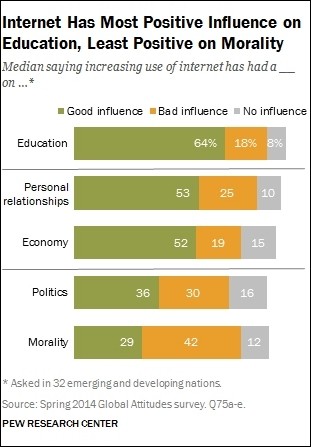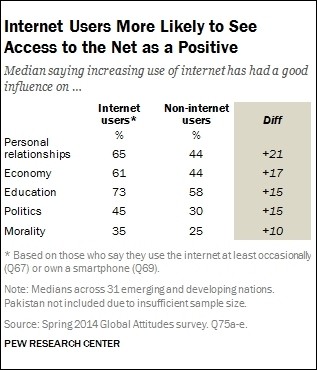This is 3rd grade logic that is nothing short of being completely asinine. It's so invasive, rude and without premise it displays your true lack of grip on reality.
So, basically, I achieved what I set out to do in spades. What's your point?
Lol at the sarcastic comment, but if you really thought it my comment wasn't well thought out you would have addressed how exponentially easier it is to partake in illegal activities, specifically child porn, on the internet (largely thanks to the Tor network!).
To be make my point more simple and direct, the internet makes it far easier to DISTRIBUTE and FIND the child porn than trying to ask a neighbor.
I've committed no such superficial examination. In fact, that is exactly the claim I indirectly made against you with my ridiculous response. I'm well aware that the existence of anonymity services like Tor makes distribution and discovery easier. This is what also makes that software highly valuable when it comes to shutting down the CP rings that operate across the globe.
Anonymity providers do not provide absolute security. But perverted criminals tend to think otherwise, hence their presence on Tor, Freenet, and I2P. They act brazenly and in large number on these networks because they
feel safe. This removes them from the deep underground and puts them on the surface of the deep web, en mass (relatively speaking), attracting the attention of the relevant law enforcement agencies. Those agencies are then afforded the opportunity to map the distribution networks and, once someone slips up, take both the producers and consumers down. It is no coincidence that the growth in Tor's publicity has coincided with some of the biggest CP busts of recent memory.
It is also no coincidence that Tor has become less popular as criminal operators like Silkroad and the now-outted CP outlets have been exposed via security holes in Tor (I can't speak to Freenet as no media has covered it to my knowledge). Instead, criminal actors have been moving to the far more secure and far more off-the-radar I2P network, where you need to be given a destination key by an existing user/database to access anything. The worst offenders have thus gone from being conspicuous to near invisible, drastically decreasing their footprint and thus law enforcement's ability to find and terminate their operations.
Decisively cracking the Tor network is thus a pyrrhic victory. You stop the immediate and most sloppy actors in one massive swoop while driving the savviest producers and their networks into even more secure networks. Effectively, you wind up locking up all the dumb freaks (consumers) while making the actual abusers (producers) and their victims harder to unearth. What's more, the conspicuous consumers that don't get stuffed into the back of LEO vans start dumping Tor in favor of more secure networks, making it harder to bust them in the long-run as well.
Furthermore, there is a boatload of collateral that goes along with this false achievement. First, you remove anonymity from the web by definition. I suppose this is fine if you don't believe Internet users have a right to anonymity. Second, and more importantly, you establish a precedent of the ends justifying the means, which inevitably bleeds into other aspects of law enforcement where privacy is concerned (anyone who would dispute this should review the case for domestic surveillance of suspected terrorists and where that has subsequently led).
To simplify everything with an analogy, you're laser focused on capturing rooks when the point of the game is to grab the king. Cracking Tor is a nice tactical move that is strategically shortsighted.
On a side note, this is why I lament the FBI et. al. bragging to the media about busting these people. You want criminals to feel safe when they are in immanent danger, not vigilant.


